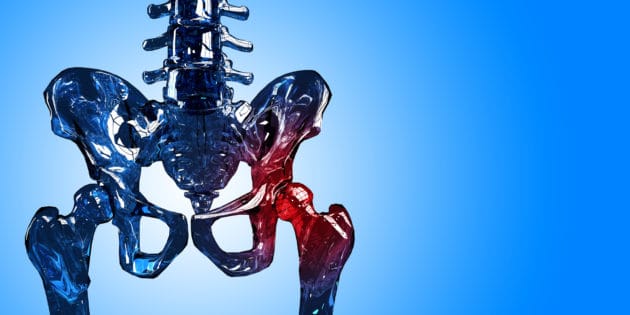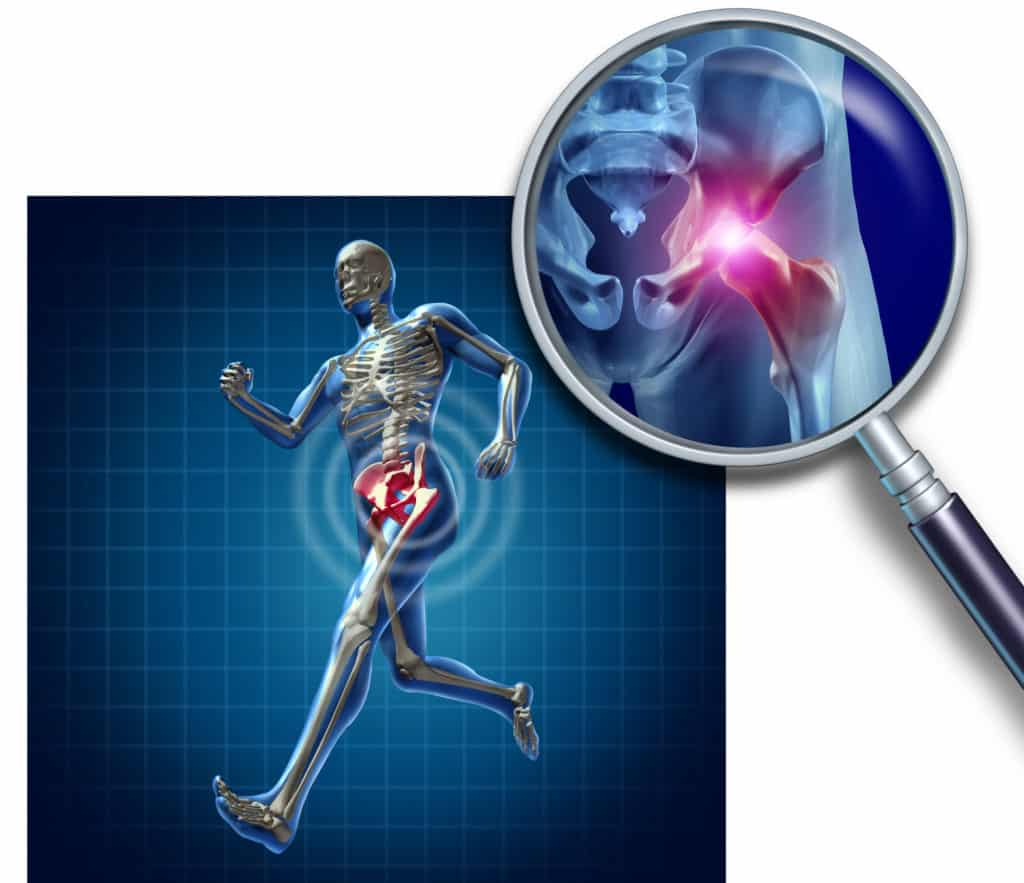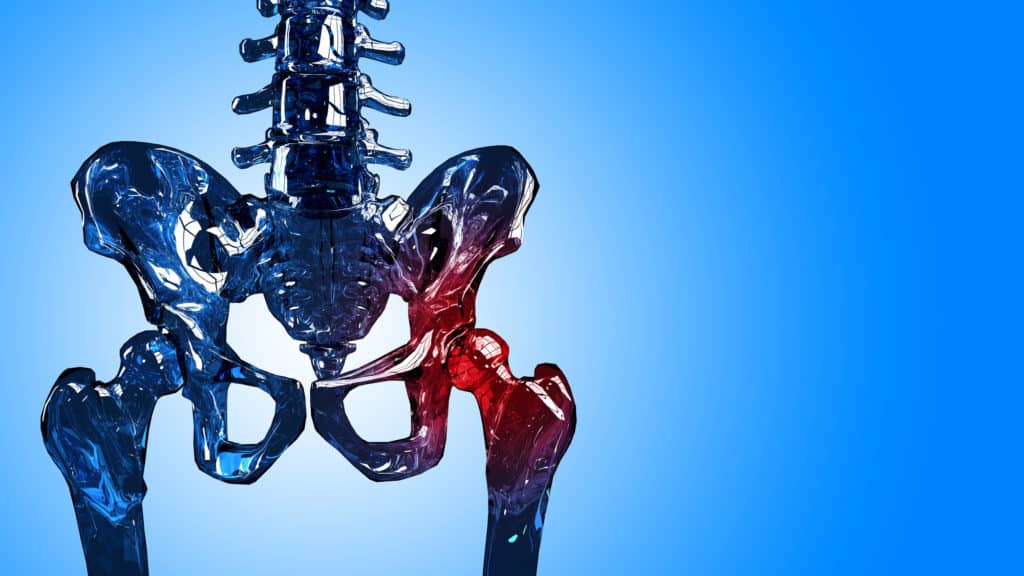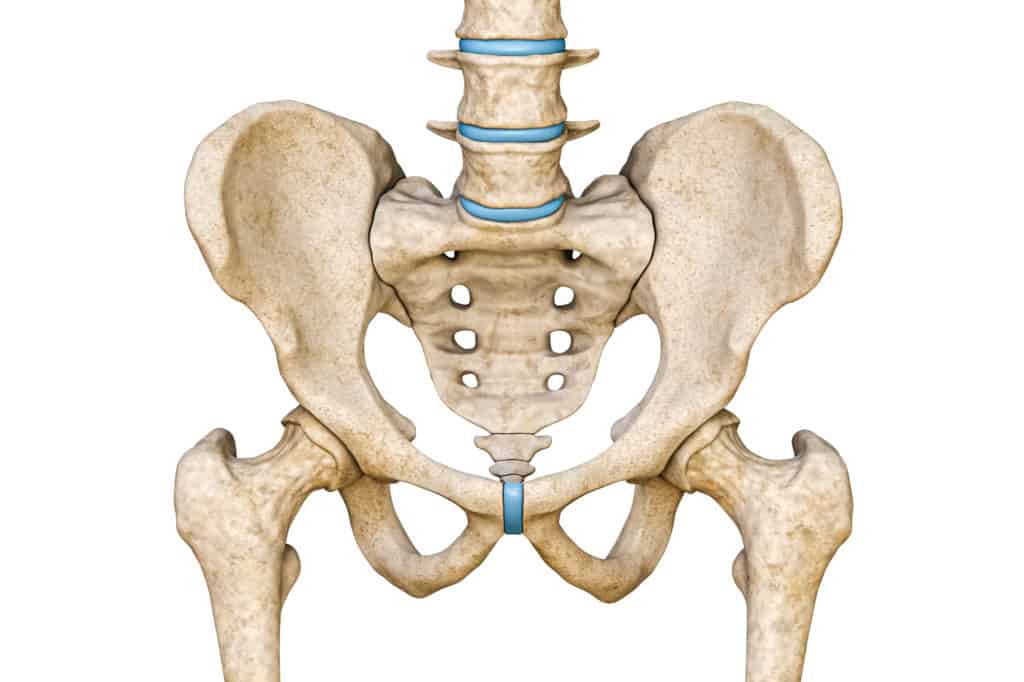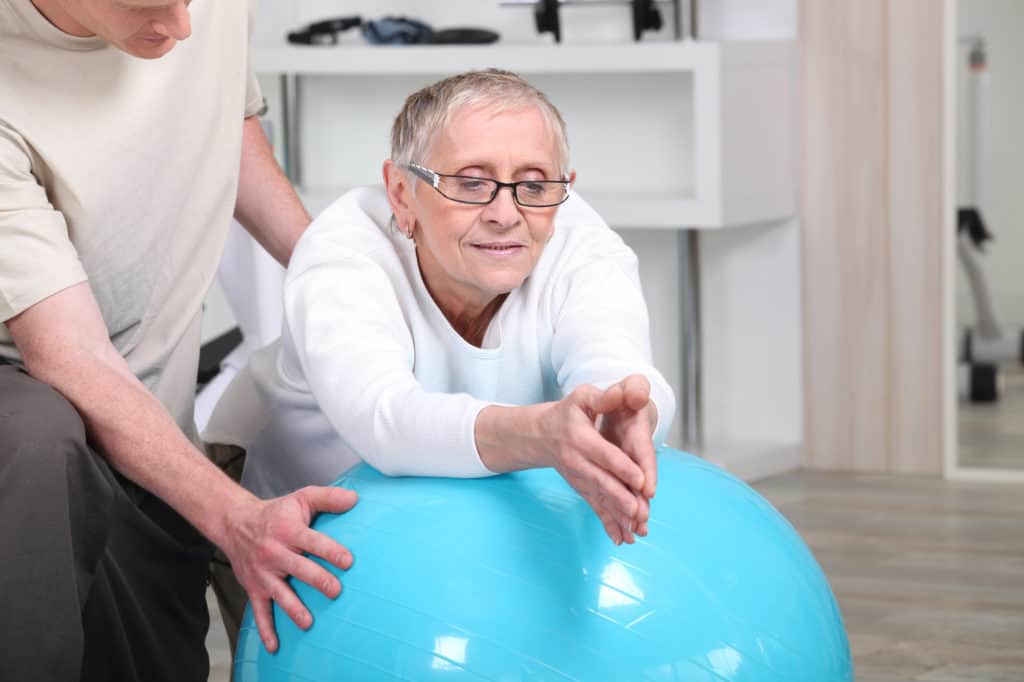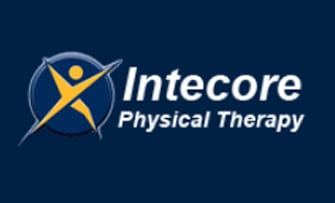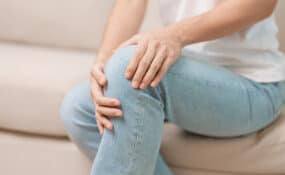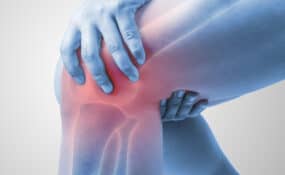Have you got a sore hip, hip-related problems with your mobility, or pain in the groin or thigh region?
You don’t always feel a hip problem in the hip. Sometimes the pain radiates or is transferred to other areas around the top of your leg, such as your upper thigh or around the pelvis. But wherever you feel it, we know that hip pain can be excruciating. It can also massively affect your mobility and ability to get around.
However, don’t worry. We can do many things to fix it – once you find the exact source of the pain and the specific cause in your individual case. Because although you feel the pain around your hip, the precise source of your pain could be something different altogether. So, that’s why it’s best to consult a physical therapist for a complete evaluation if you have any sort of hip pain.
What Are The Most Common Causes Of Hip Pain?
- Arthritis: Another common reason for chronic pain in the hip is arthritis. It makes walking a challenge as the hip joint becomes stiff, inflamed, and very painful. Different kinds of arthritis can all cause pain in the hips, including:
- Osteoarthritis: This degenerative condition mainly occurs in the elderly because of the wear and tear of the joint’s cartilage over time. Occasionally, young people might also exhibit symptoms of osteoarthritis because of injuries. Any trauma to the hip joint from an accident or sporting injuries, such as a dislocation or fracture, may lead to “traumatic arthritis” and the development of osteoarthritis.
- Infectious arthritis: Like traumatic arthritis, Infectious Arthritis occurs when an infection of the hip joint damages the cartilage.
- Rheumatoid arthritis: In RA (Rheumatoid Arthritis) – an auto-immune condition, the immune system is responsible for hip joint damage. The body mistakenly attacks its own tissues. Eventually, Rheumatoid Arthritis destroys bone joints and attached cartilages, specifically the hip joint, in the case of hip pain caused by Rheumatoid Arthritis.
However, most patients with arthritic hip pain have osteoarthritis, as the other forms are much rarer. Also, Rheumatoid Arthritis tends to attack the smaller joints of the fingers and toes before it progresses to larger joints like the hips, knees, and shoulders. So you would likely already have a diagnosis of RA and be under the care of a rheumatologist before the pain progresses to your hips.
Other Common Causes Of Hip Pain
- Tendonitis: Inflammation in the tendons is termed tendonitis and is the most common reason for hip pain. It happens because of overexertion of the hip muscles. While it is painful, it generally heals within days.
- Fractures of the hip: These are common in patients suffering from osteoarthritis, especially in the elderly. Osteoporosis causes the bones to weaken as we age. A fracture in the hip leads to intense pain. If you have this type of pain and think you may have fractured your hip, please seek medical attention right away.One of the complications of a broken hip is blood clots in the affected limb that could be life-threatening. Generally, a fractured hip needs surgery to heal with physical therapy later to help you recover and learn how to use your new hip.
- Trochanteric bursitis: is another cause of hip joint pain. It happens when the bursa (a sac-like structure inside the joint) gets inflamed. Again, the condition occurs because of poor posture, wear & tear of the joints, or hip injury. The condition specifically occurs more in women.
Lesser-known Causes Of Hip Pain:
Some of the lesser-known causes of hip pain include avascular necrosis or snapping hip syndrome.
- Osteonecrosis: Also known as avascular necrosis, occurs due to the blood circulation not reaching the bones permanently or temporarily. It leads to the destruction of the supporting joint. In the early stages, the cartilage appears normal but collapses with the progression of the disease over time. Ultimately the bones are destroyed or broken. There is no known cause of this condition. Some of the risk factors that may lead to this condition include alcohol abuse, cancer treatments, or excessive use of medicines with steroids.
- Snapping hip syndrome: Mostly seen in athletes or dancers, Snapping Hip Syndrome symptoms manifest in the form of a “snapping” feeling or sound in the hip joint. It happens while getting up from a seated position or while walking. In most cases, there is no pain except in a few rare cases. It is symptomatic of the hip joint fragmenting or a tear in the cartilage.
When To Seek Medical Attention For Hip Pain
If you have new hip pain that persists for a couple of days, we recommend you consult a doctor or physical therapist to diagnose and treat the issues – before things get any worse. If you have extreme pain, bleeding, or a “popping” sound, or you’re not able to carry your body weight without severe pain. Please seek immediate medical attention as you may have a hip fracture.
Likewise, if the area around your hip joint feels hot to touch or looks red and inflamed, please also seek medical attention to rule out an infection in or around the hip joint.
All these symptoms can indicate serious medical issues, including a fatal joint infection known as Septic Arthritis. That’s why it’s essential to seek help right away if you have severe pain and any of the above symptoms.
How To Find The Root Cause of Your Hip Pain
If your pain is less severe and more chronic in nature, we still recommend you consult a doctor or physical therapist to find the root cause – because until you find the actual cause of your pain, it’s impossible to treat appropriately.
To diagnose the exact cause of your hip pain, your doctor or physical therapist will ask you questions like:
- When did the symptoms first manifest themselves?
- Where do you feel the pain?
- Is the pain impacting your movement?
- Does it worsen at any time of the day or night?
We may also ask you to walk to observe your hip joint in motion – comparing the affected (painful) and your other normal hip to look for differences.
If we suspect arthritis, a hip fracture, or joint infection, we may also recommend imaging and other standard blood and urine tests and lab analysis of the fluid around your hip joint. For imaging, you’ll likely need an X-Ray, ultrasound, MRI, or CT scan to take a detailed look inside your hip and thoroughly diagnose the problem.
These scans offer a comprehensive view of tissues, cartilage, and bones. In contrast, we can treat most other conditions inside your physical therapist’s office.
How To Treat Hip Pain
The root cause dictates the first line of treatment for hip pain. So we recommend you book a consultation with one of our hip experts as soon as possible to diagnose the root cause of your pain.
In mild or moderate movement-related pain, adequate rest should suffice for your recovery. Your hip pain should start to disappear in a few days.
For arthritis, patients sometimes require prescription medication, certainly in the first instance before you’re able to control the pain via other methods. But a combination of gentle movement and activity and physical therapy can help diminish pain and stiffness and slow the progression of the disease and the damage to the hip joint. We can also help you regain any lost mobility and flexibility.
In injury-related hip pain, anti-inflammatory medication, ice, and rest usually help alleviate the pain and inflammation if the injury is not severe. But remember, if the pain doesn’t get better within a couple of days, be sure to book a consultation with a physical therapist to prevent irreversible damage.
If examinations reveal a hip malformation, any kind of injury, or a severe fracture, you might need hip repair surgery or, in rare cases, total hip replacement. In this case, we may refer you to an orthopedic surgeon to discuss your options and devise a treatment plan. But good physical therapy after the surgery helps make sure you make a full recovery and regain as much mobility as possible after the op.
Alternative Treatments For Hip Pain
Before consulting an alternative therapist for chronic hip pain, it’s advisable to consult a doctor or physical therapist to diagnose the cause of your pain first. This way, you make sure that it is safe for you to try complementary therapies. But there are several treatments you can have in conjunction with physical therapy that may help with pain relief, namely, acupuncture and massage therapy.
Want some help to fix your hip pain faster?
Please book your free consultation with one of our physical therapists. We’ll explain exactly what is going on with your hip and how best to treat it – all within a free 30-minute appointment, either over the telephone or at the Intecore Physical Therapy office. So don’t spend another minute dealing with hip pain.
You do not need to feel ashamed about your condition, and it doesn’t make you a freak of nature. Hip pain is a common problem, and we can help.
- Why Regular Body Maintenance is Crucial for Long-Term Health - April 21, 2024
- 3 Things Aggravate Knee Pain After Biking and How to Ease It - April 14, 2024
- Runners Knee Stretches: Top 5 Stretches Every Runner Needs to Know - April 7, 2024

